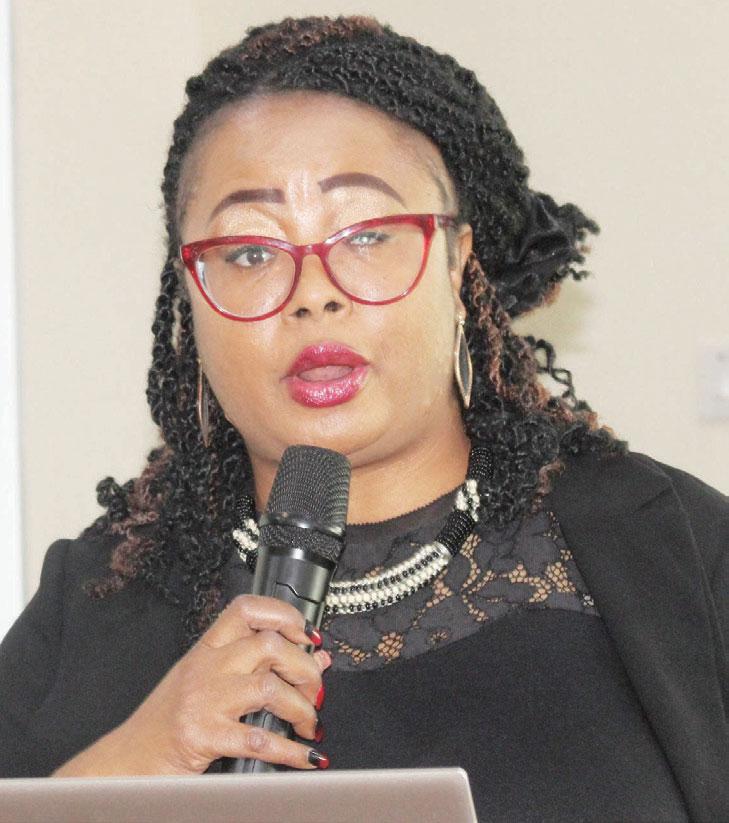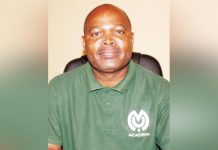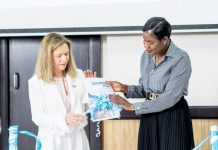Africa-Press – Malawi. A mob stoned a police officer to death. Then there came allegations of a bunch of police officers invading a community and raping women in revenge for the killing of their colleague. Two subsequent investigations clashed on the findings, so another government body decided to conduct an own probe. Four years on, there is zero progress By Leah Malekano:
Four years down the line after the Independent Complaints Commission (ICC) announced it would conduct a separate investigation into the Msundwe rape and defilement case, nothing has moved since.
It is largely due to the fact that government has not been releasing funding for the investigation.
During a period of post-election protests in 2019, a mob from Msundwe in Lilongwe stoned to death a police officer, Imedi Usumani.
Usumani and colleagues had been deployed to clear the Lilongwe-Mchinji Road of rowdy people from the community who were blocking traffic.
Usumani led the police team. He was killed by stoning.
In reaction to the violence, police officers invaded the area and reportedly defiled and raped 17 women in vengeance for the brutal killing of their colleague.
However, two reports – one from Malawi Human Rights Commission (MHRC) and the other from the Malawi Police Service – contradicted each other in their findings.
While the MHRC report said there had indeed been rape incidents, a police report gave a different version – that the cases were actually fabricated.
In 2021, the ICC announced it would conduct an independent investigation altogether.
The investigation was expected to be completed within three months (90 days).
Today, four years on, there has been no such investigation.
COMPLAINED ABOUT FUNDING—TukulaICC Commissioner Christopher Tukula told Malawi News last month that they have been struggling to secure funding for the fresh probe since 2021.
He said ICC had initially requested about K68 million from Treasury for the exercise but government did not provide the money.
“Development partners promised to fund us, but they just went quiet.
“Now we are planning to use the yearly budgets that we get from the government to help us at least investigate the matter,” Tukula said.
He added that as an institution, they feel it is still important to conduct these investigations.
However, he expressed concern that some victims and witnesses might have relocated and would need to be traced, which would also cost the institution even more.
There was no immediate comment from Treasury on the funding issue.
But the lack of movement on the matter is causing unhappiness to human rights activists.
Centre for Human Rights and Rehabilitation Executive Director Michael Kaiyatsa said the government’s failure to fund the ICC for the probe is unfortunate.
It clearly shows a lack of political will on the part of the government, he said.
“This is quite discouraging and disheartening, considering that this is an issue that involves women. It’s unfortunate that there hasn’t been closure to the issue and accountability.
“Four years is a long time. If this government had this issue at heart, they could have provided the needed funds,” Kaiyatsa said.
MALUNGA—We can’t operate in a vacuumOn the other hand, legal expert Bernadette Malunga said the lack of movement on the matter shows that government does not treat it as among its priorities.
She said issues of sexual harassment, human rights abuses or violations of women’s rights are serious matters that should not take a long time to investigate or act upon.
She said independent investigations are needed “because we have to have accountability of the issue and know the outcomes of the investigations, and recommendations are made and acted upon.”
“We can’t operate in vacuums; we need information, and this information can only come from investigations that are credible and conducted by an independent institution,” she said.
MHRC Executive Secretary Habiba Osman said that the Commission is not comfortable with the fact that the investigations have not happened.
She said matters that arose at that particular time were very sensitive human rights violations that needed to be addressed.
“If ICC has to go deep into reviving the case or opening the files, it means they have to trace the victims and witnesses. That is also our major concern on the delays. It will be very interesting to find some of those witnesses to see how they fared over a period,” said Osman.
In its investigation report dated February 2020, the Malawi Police Service doubted the rape claims, describing some of the claims as “make-up stories”, “false” and without “sufficient” and “corroborating” evidence.
The report said that the said rape victims were coaxed into making the claims by some politically-connected individuals—with a lawyer, a Member of Parliament and local area politicians being the masterminds.
The police investigation came after MHRC’s which took place two weeks after the incident.
In its report, the MHRC said in the course of operations of clearing the road, controlling the crowds and making arrests, some police officers ventured into the villages and nearby locations, throwing teargas into houses, beating people and breaking into houses and raping women.
According to MHRC investigation which was led by commissioners Martha Chizuma and Rosemary Kanyuka, a total of 17 women were sexually violated.
In reaction, the Women Lawyers Association instituted civil proceedings on the matter.
In his ruling on August 13, 2020, High Court Judge Kenyatta Nyirenda ordered the Malawi Police Service to compensate the women and arrest police officers implicated for the crimes.
Nyirenda said the victims needed to be compensated for the trauma they suffered at the hands of the police.
In July 2021, government announced it had shelled out K130 million compensation to the women.
For More News And Analysis About Malawi Follow Africa-Press






